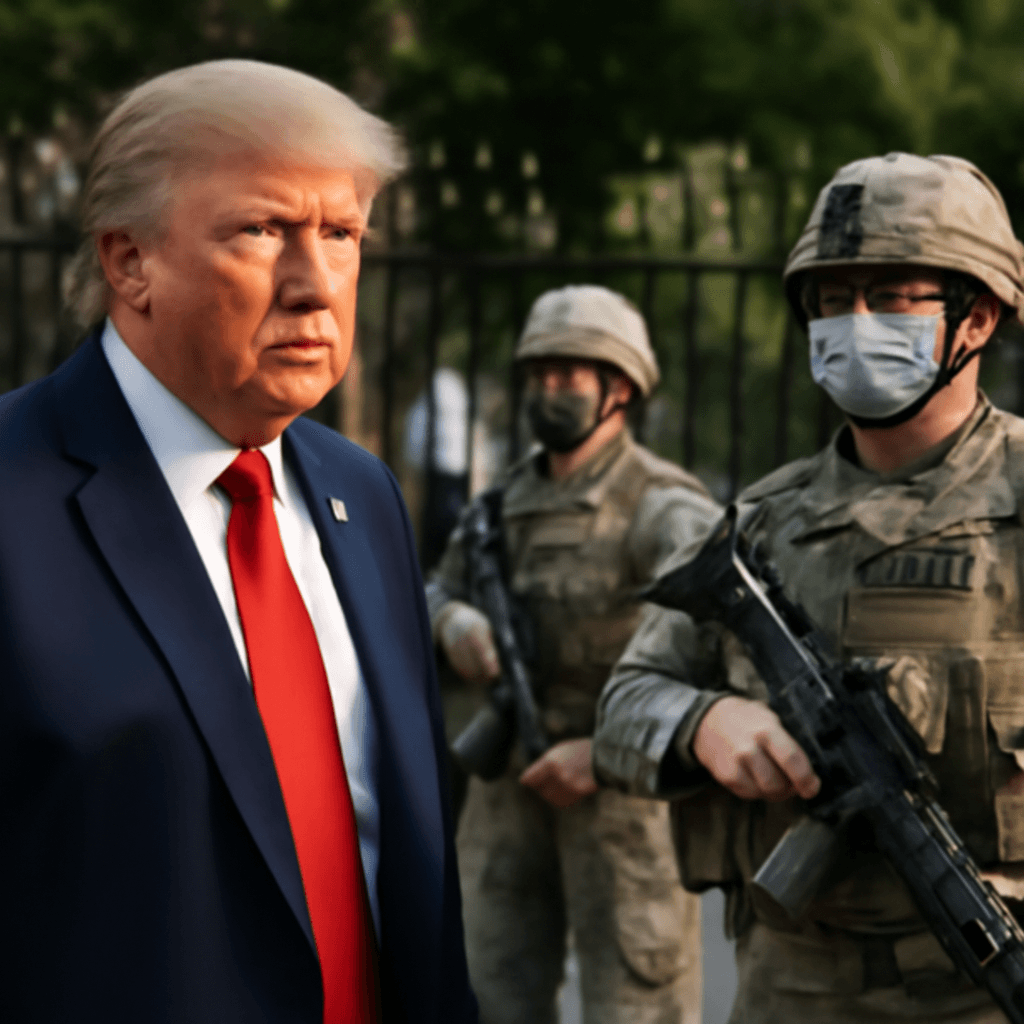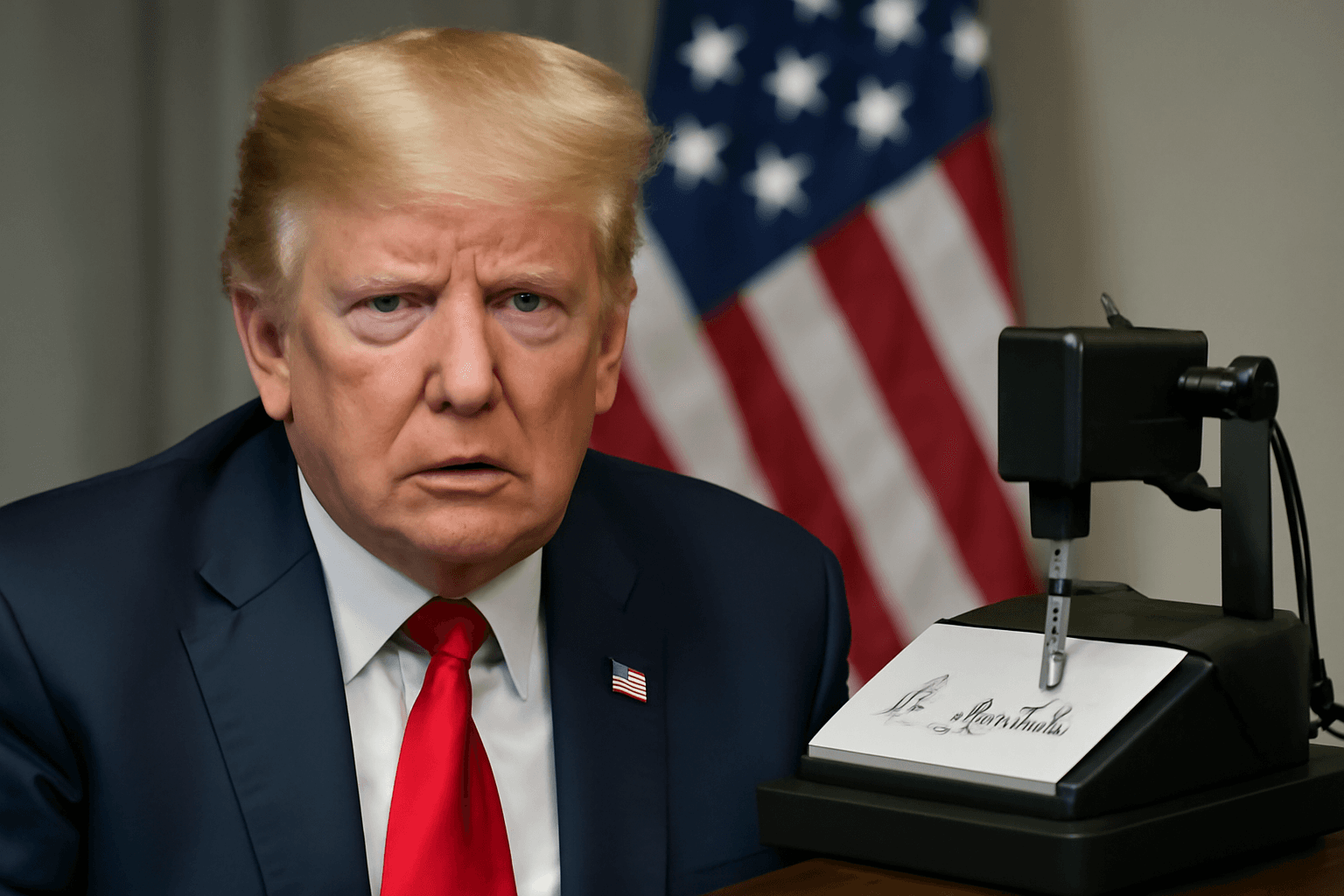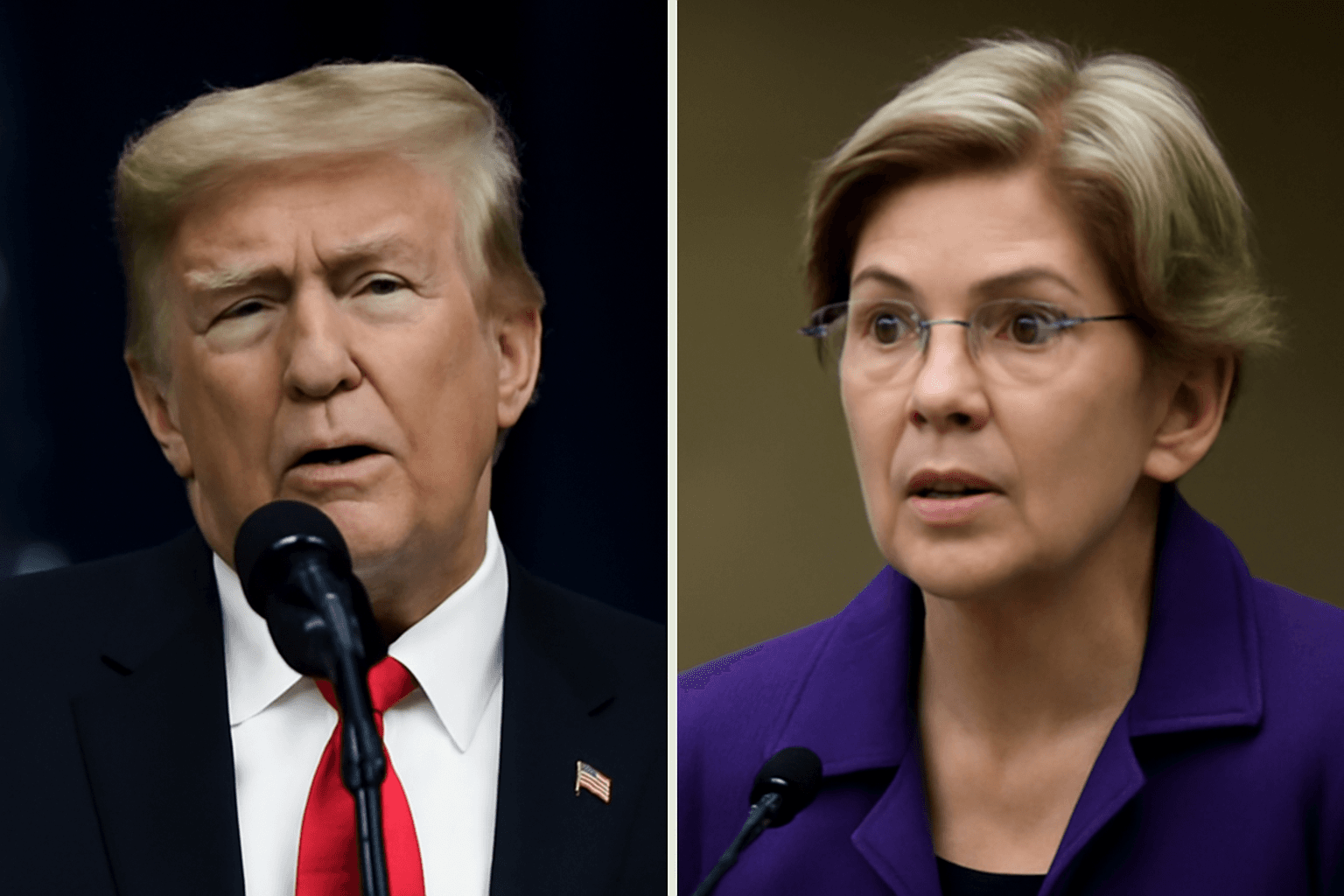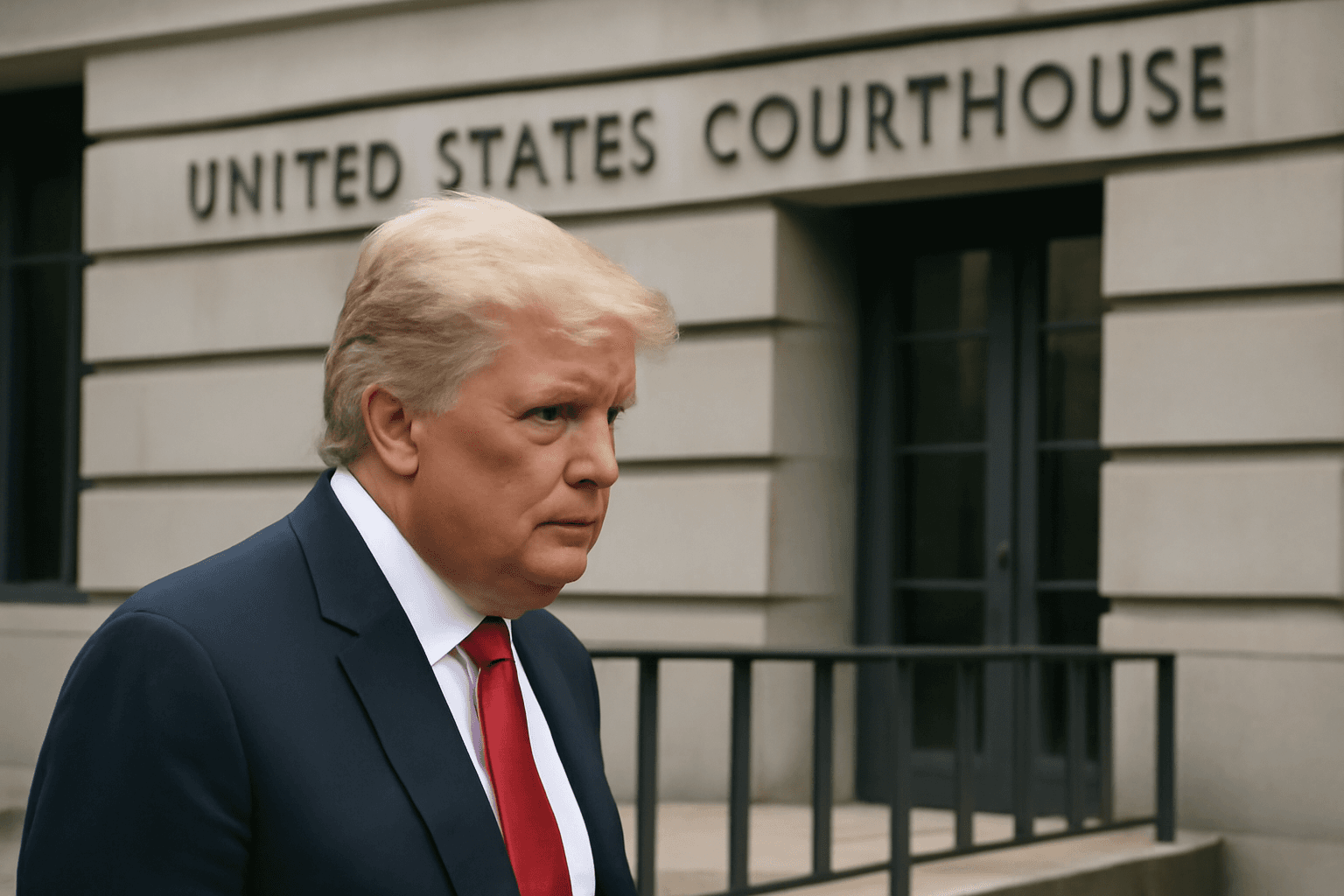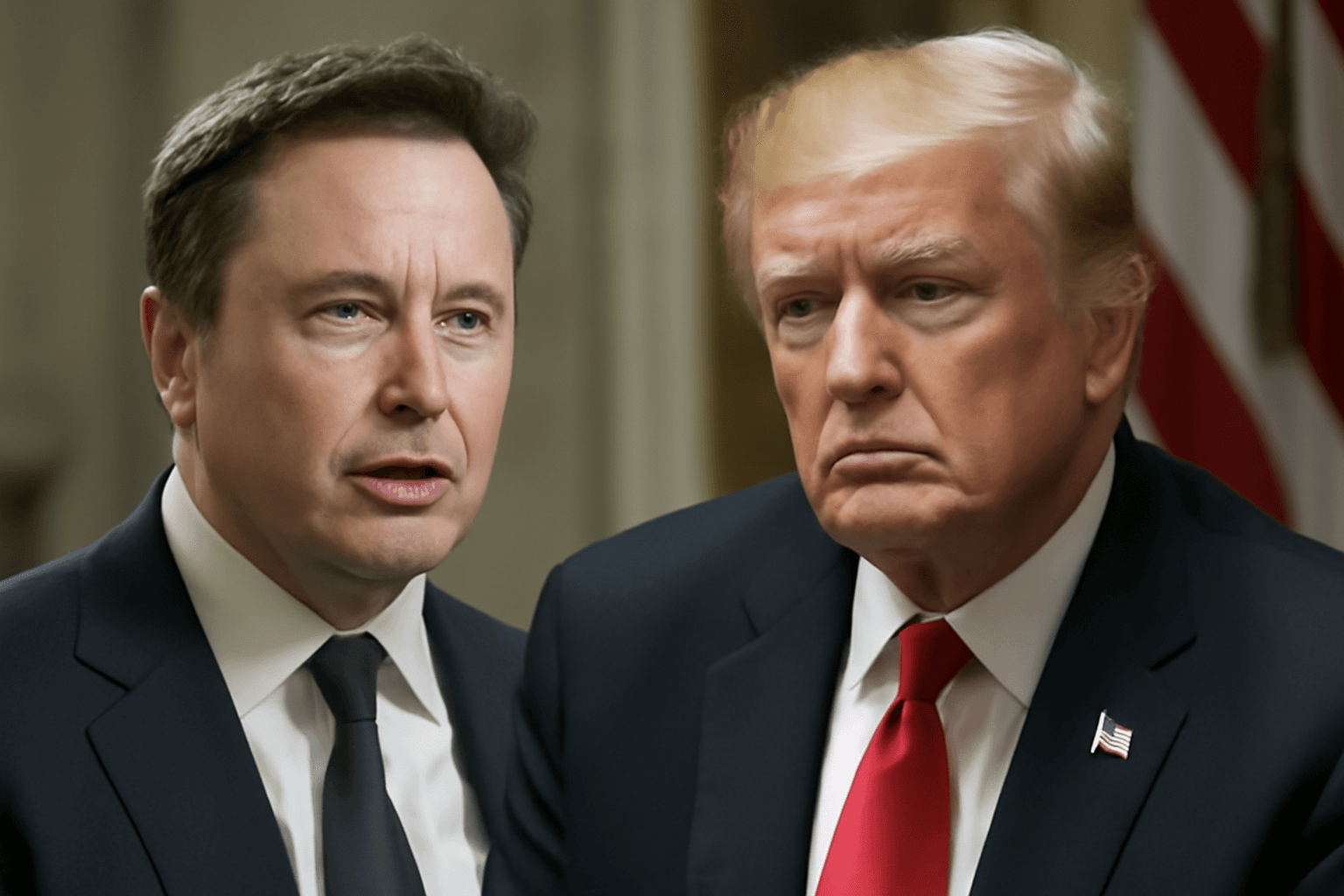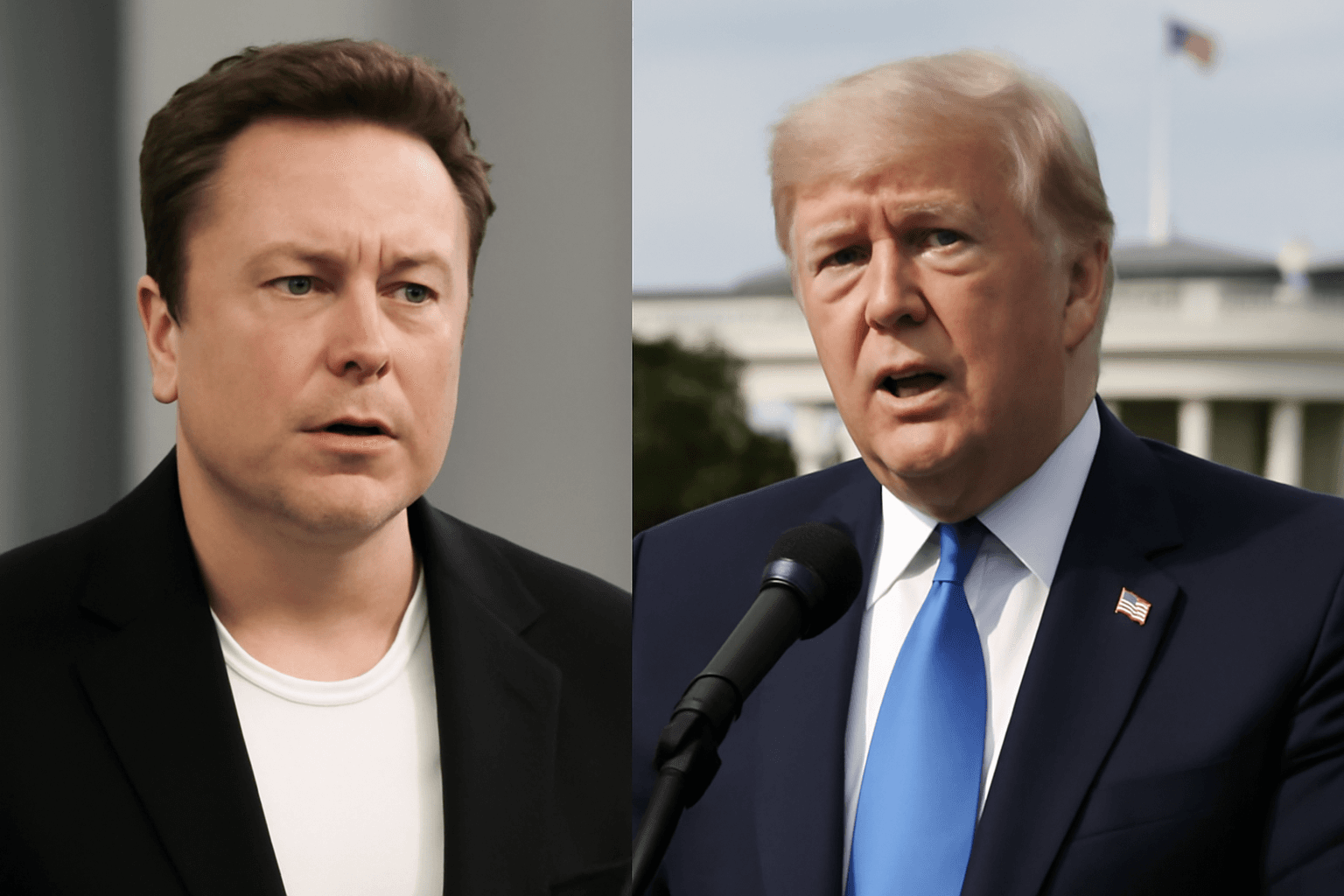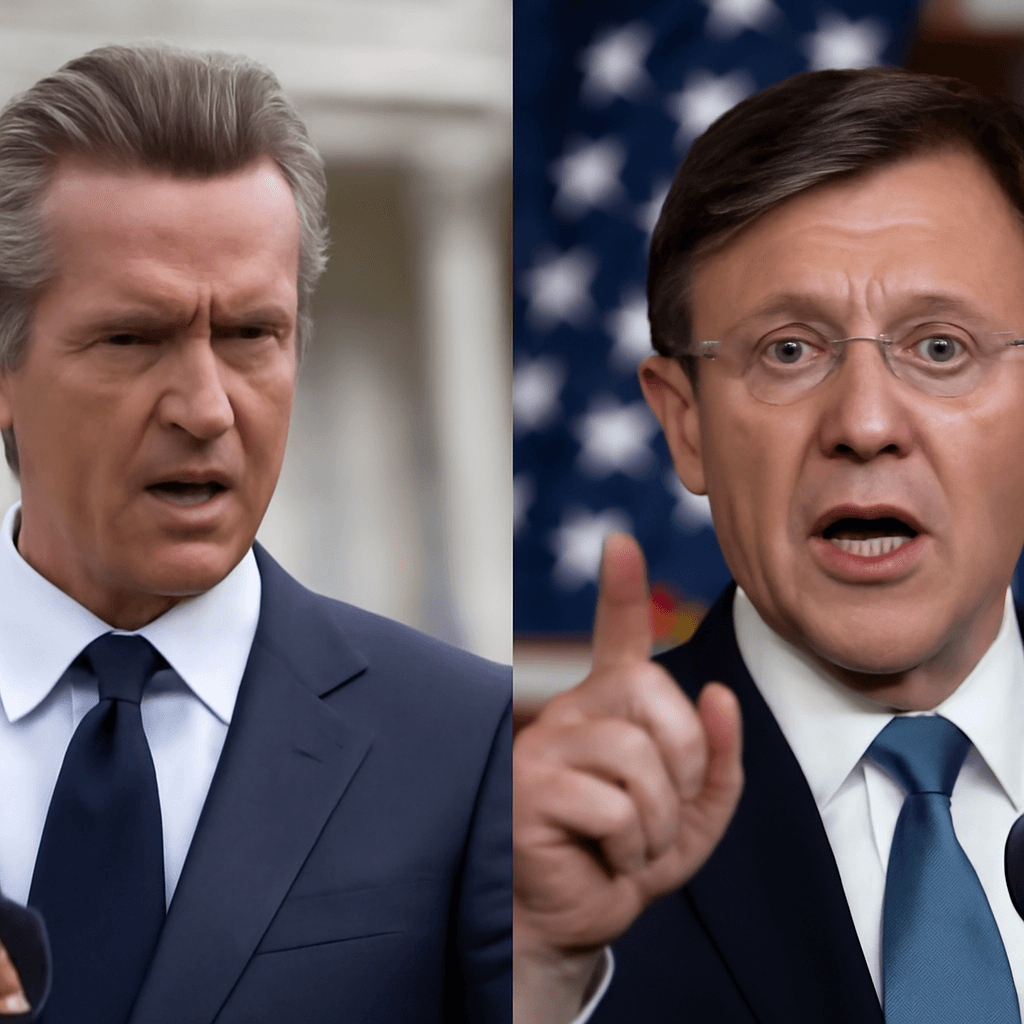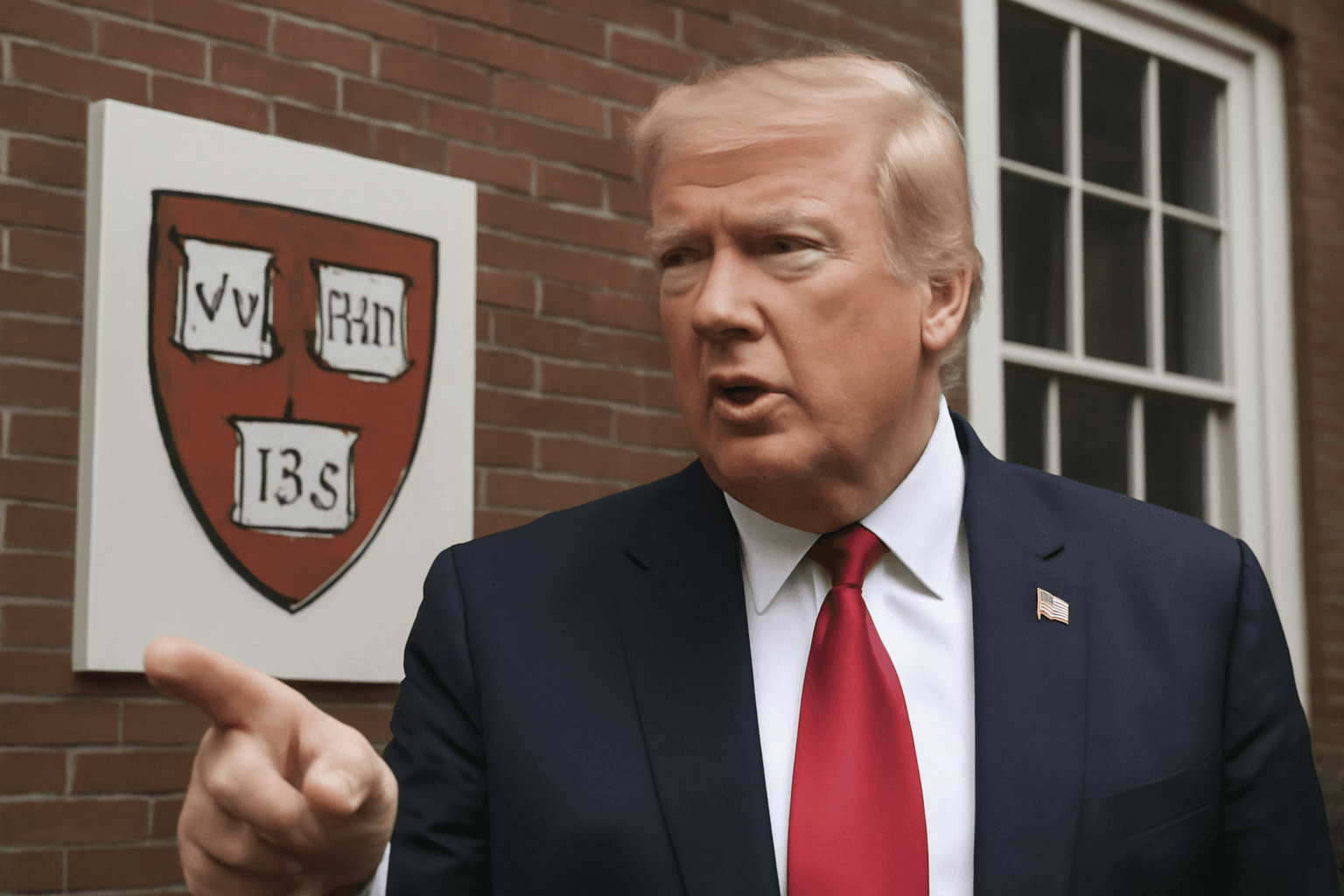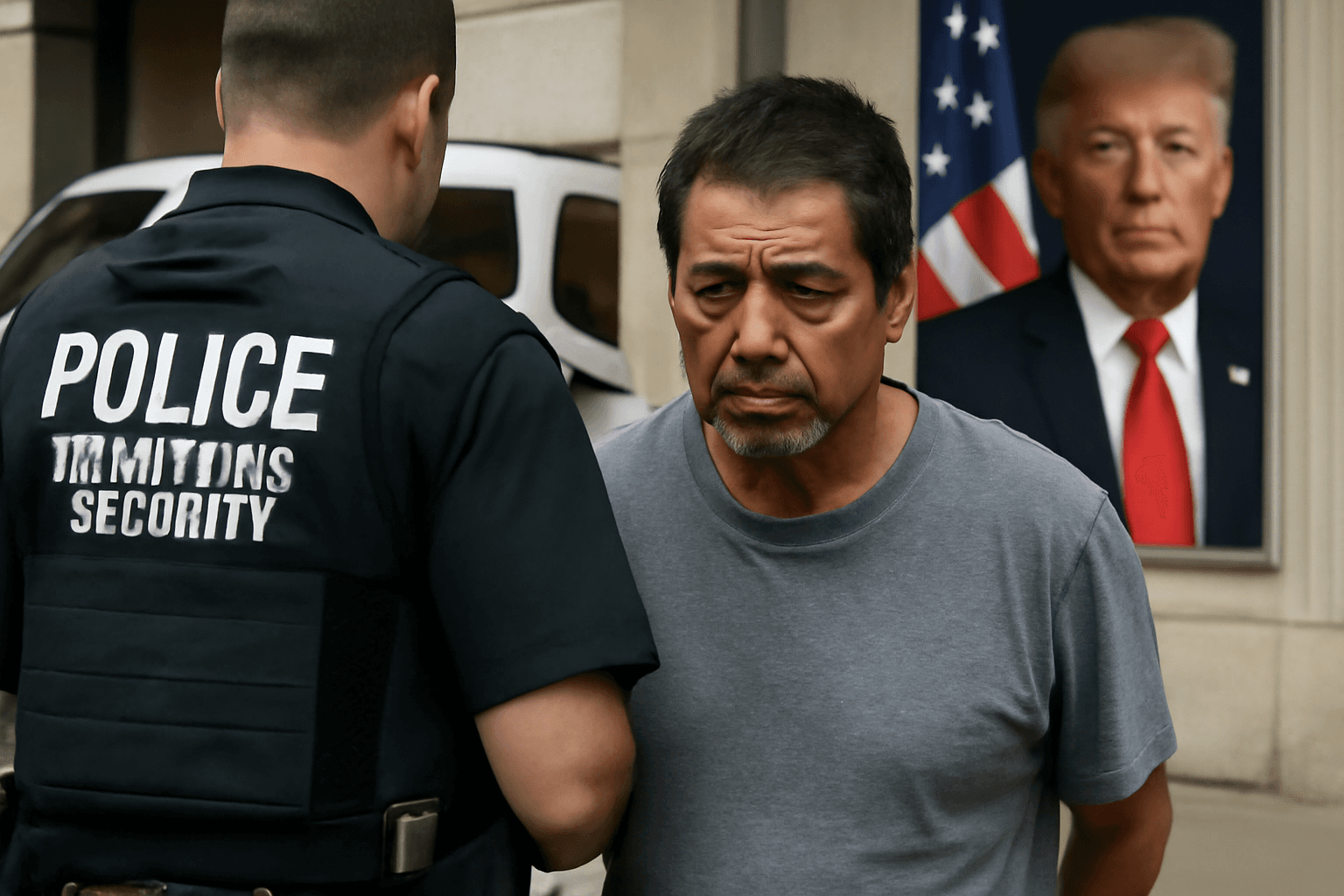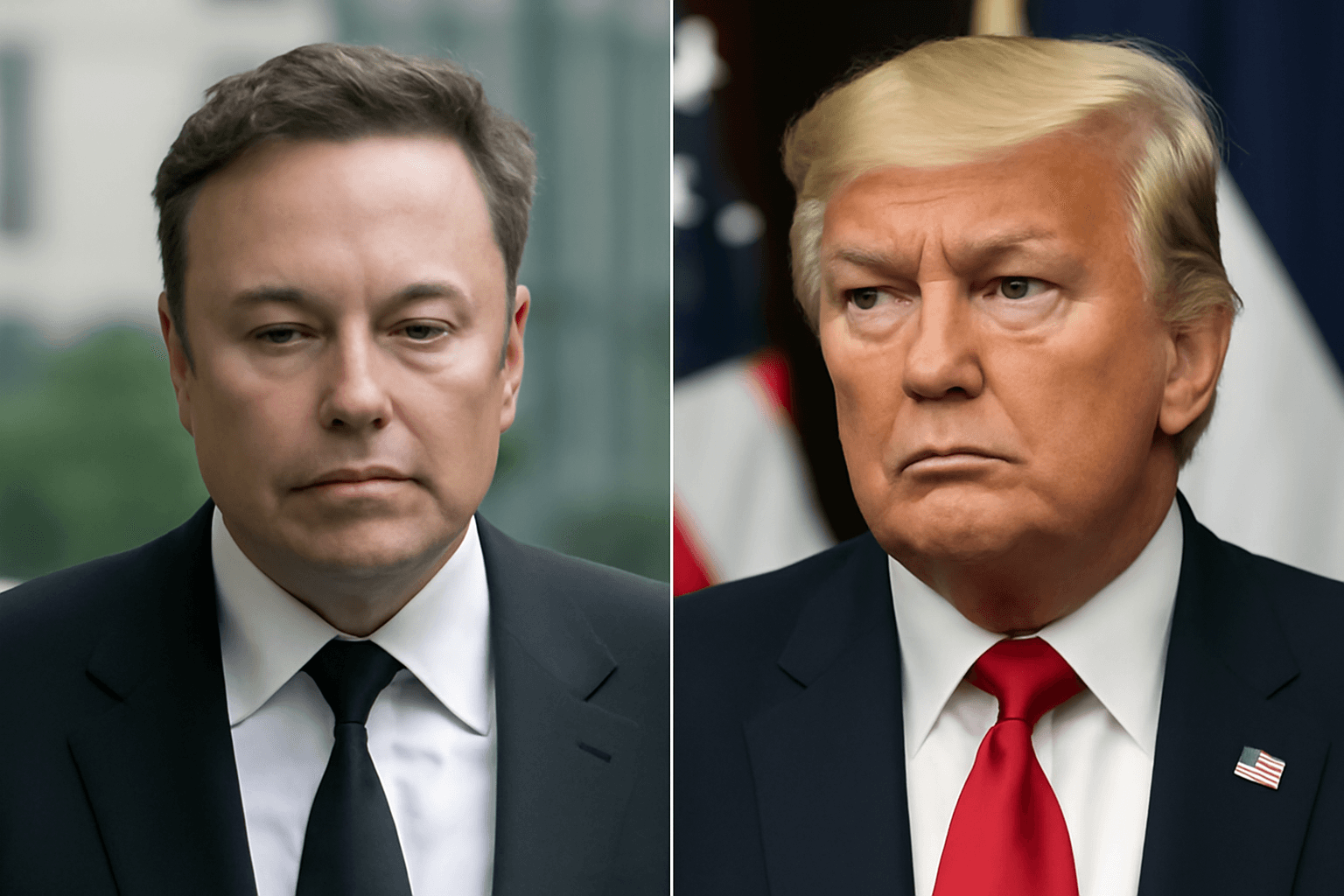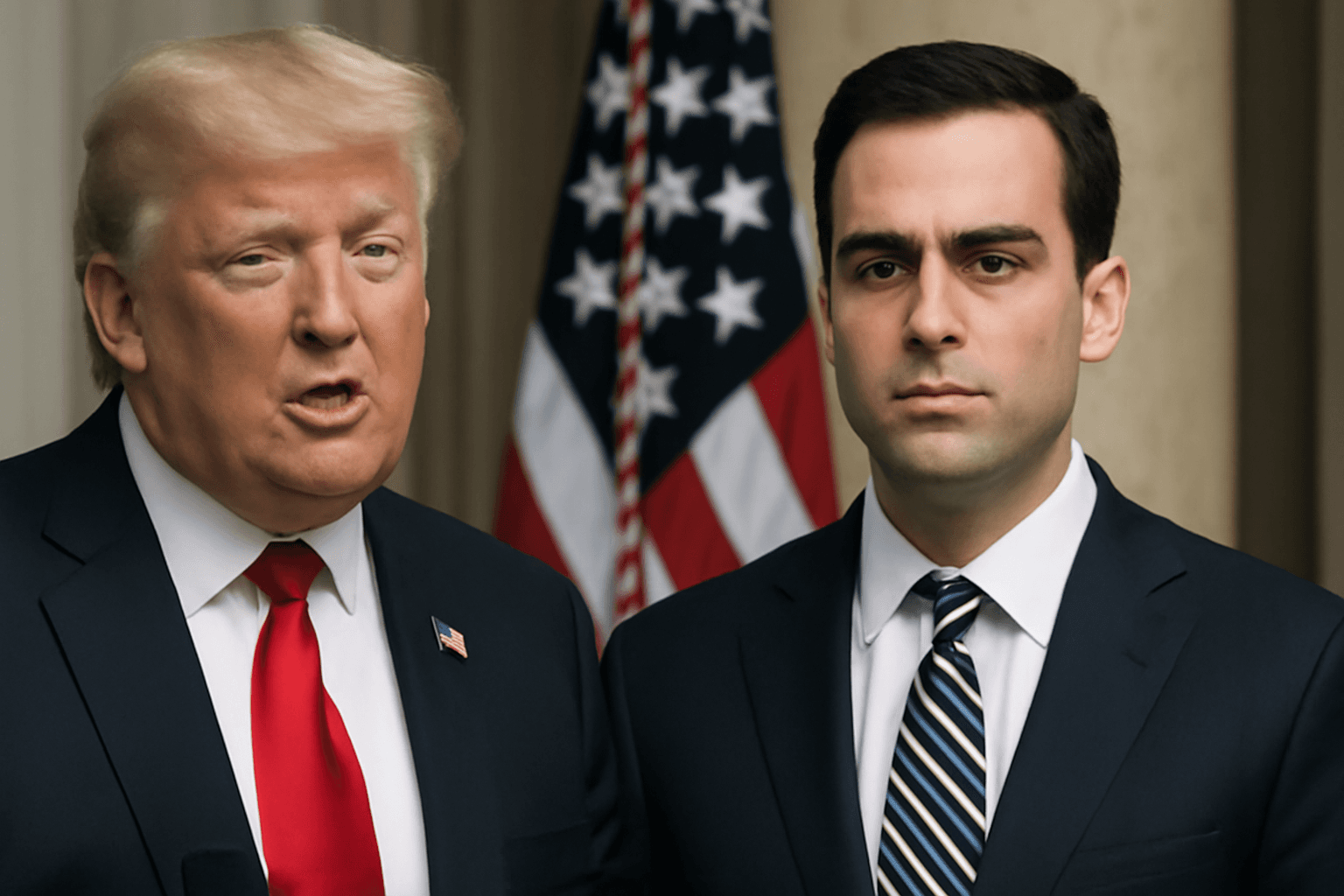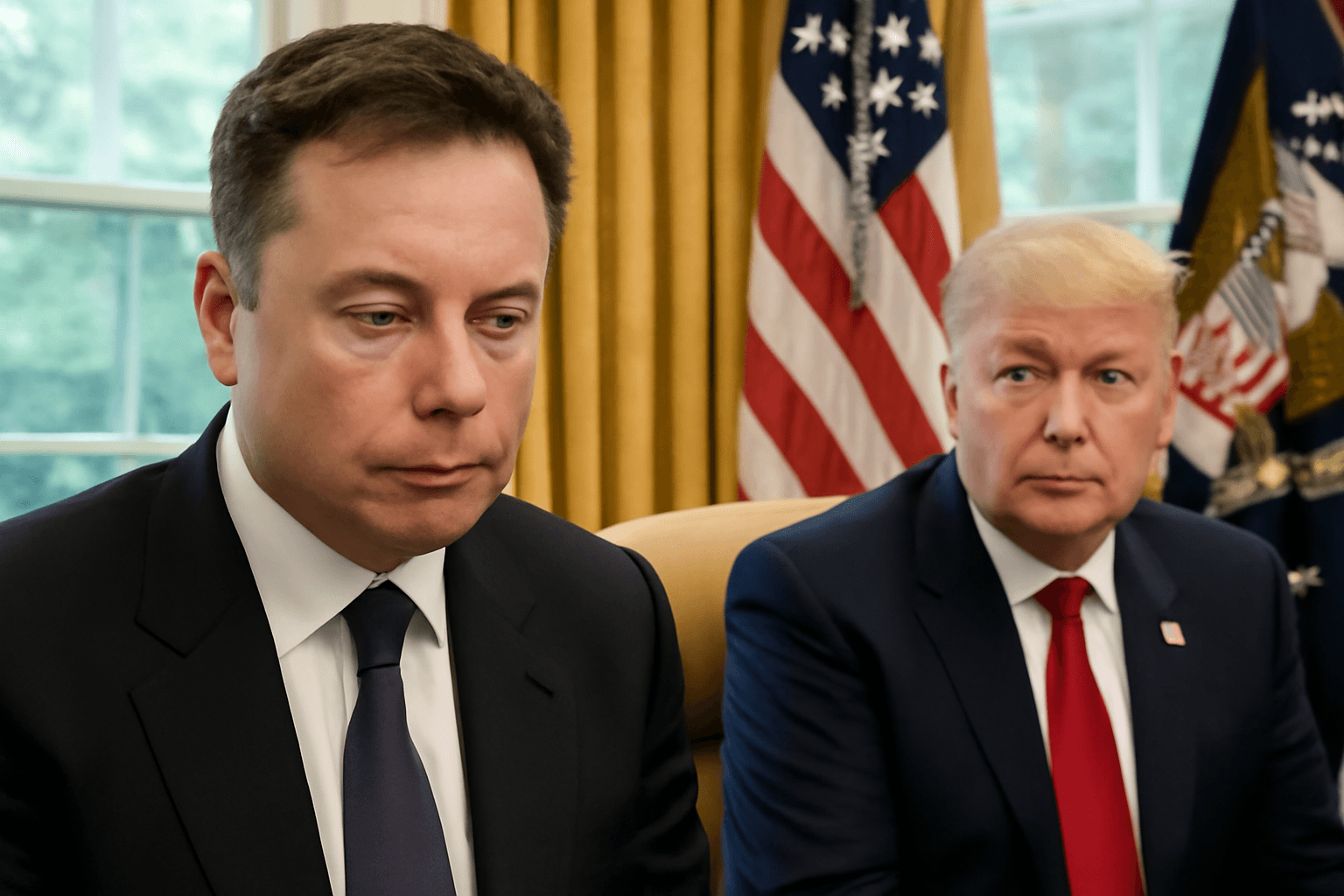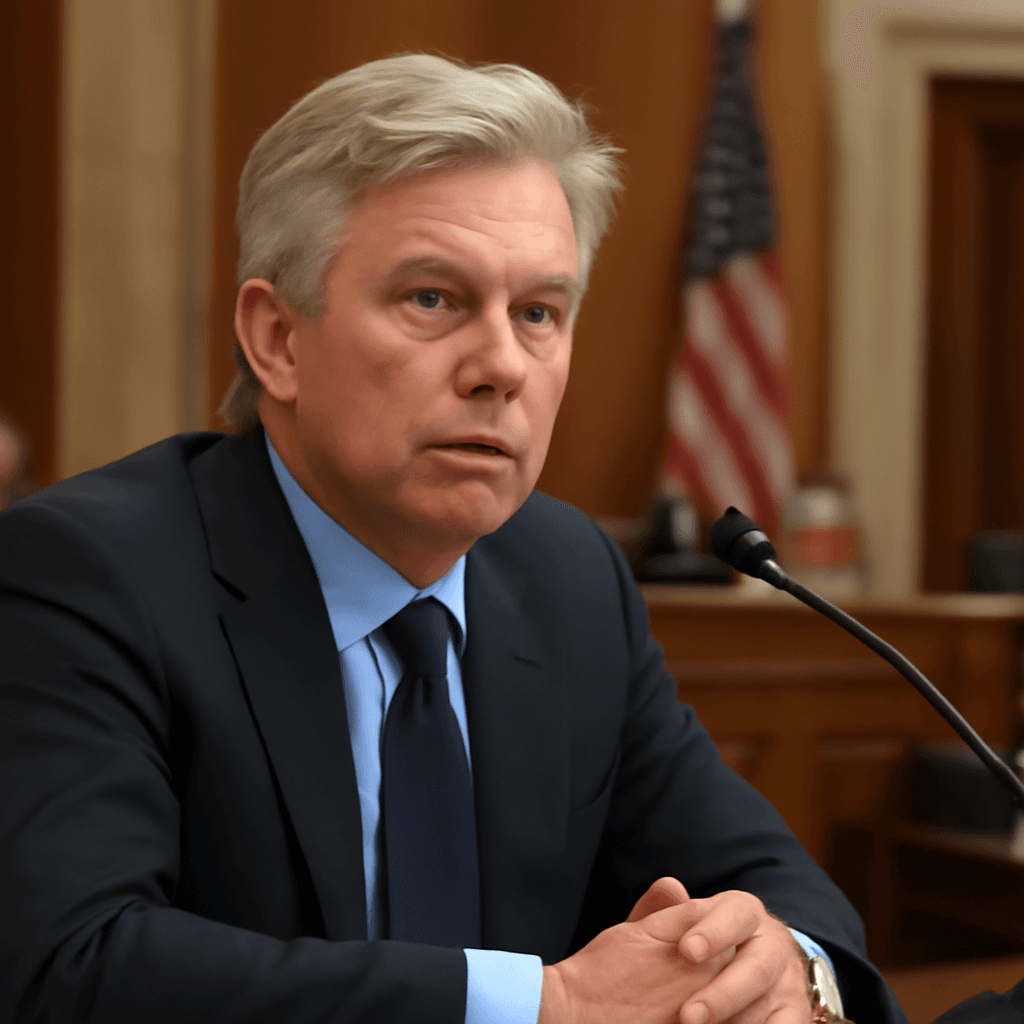From Foreign Wars to Domestic Frontlines: The Shift in Trump's Presidency
Donald Trump once vowed to end America's drawn-out and costly foreign conflicts, emphasizing an “America First” agenda that prioritized domestic issues over overseas wars. Yet, in a dramatic twist during his second term that began in January 2025, the battlefield seems to have shifted right onto American soil.
Militarization of American Cities: What’s Changing?
Instead of troops drawing down abroad, large American cities now experience a heavy military presence. Federal forces, including active-duty Marines and National Guard units under federal command, patrol streets amid protests, particularly along the southern border and in metropolitan hotspots like Los Angeles.
This domestic deployment represents a radical shift, invoking laws rarely used without state government cooperation — notably 10 USC § 12406, which authorizes the president to federalize National Guard units during rebellion or invasion. In June 2025, this law was applied to federalize the California National Guard over state objections, a move unprecedented in recent decades.
Echoes of Past Conflicts and Authoritarian Approaches
Militarism within domestic politics isn’t entirely new but has intensified under this administration. The terminology and tactics previously reserved for foreign battlefields increasingly permeate American civic discourse. For example, protesters have been labeled "enemy combatants," and sanctuary cities described as "hostile zones," framing civil unrest and immigration as security threats requiring military force.
Notably, past moments — such as the National Guard deployment during the largely peaceful Black Lives Matter protests in 2020 and federal agents’ controversial actions in Portland — foreshadowed this intensification. Critics argue that these developments signal a dangerous blurring of military and law enforcement roles, undermining civil liberties.
A Controversial Response to Unrest and Immigration
- Deployment against protests: Federal troops equipped in tactical gear have been used to control protests, sometimes escalating tensions rather than calming them.
- Border enforcement militarization: "Military enforcement zones" along the US-Mexico border empower troops to detain migrants, an action that civil rights advocates say violates the Posse Comitatus Act limiting military policing roles.
Political and Legal Tensions Mount
The growing military footprint has triggered constitutional debates. California challenged the federal government, asserting that the deployments violated state sovereignty under the Tenth Amendment. Legal experts remain divided — some contend Trump's actions fall within a murky legal domain, while others see clear power abuses.
The Supreme Court’s 2023 ruling providing presidents immunity for core official actions adds fuel to these concerns, potentially broadening executive authority to an unprecedented degree.
The Language of Conflict and Its Consequences
By casting internal dissent and immigration in martial terms, the administration’s rhetoric amplifies division and justifies militarized responses. This cycle risks escalating unrest, which in turn is cited to justify further interventions — a self-perpetuating dynamic with profound implications for American democracy.
What Lies Ahead for America?
With over three years remaining in this presidency, the United States stands at a crossroads. Supporters applaud the firm approach to restore order amid perceived chaos. Opponents fear an erosion of freedoms and a slide toward authoritarianism.
Ultimately, Trump’s vision has replaced foreign battlefields with domestic ones. The cost of this internal militarization remains uncertain, but the stark reality is clear: the nation may well be at war — with itself.

